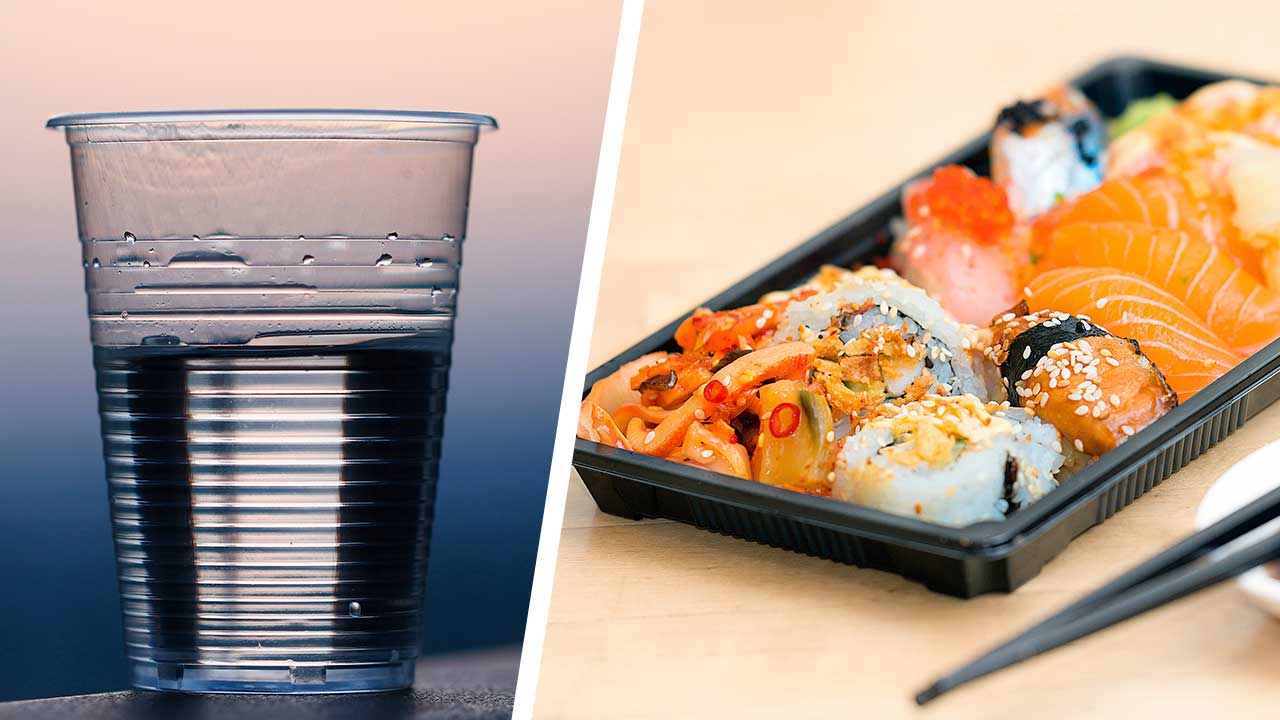
Chamberlains of London – Microplastics in junk food have become an alarming concern for health experts. A recent study published in Brain Medicine links these tiny particles to mental health issues. The research highlights the presence of microplastics in ultra-processed foods (UPFs) like chicken nuggets. Scientists found that these microplastics may contribute to anxiety, depression, and other brain disorders. This new evidence raises questions about the long-term effects of eating processed foods daily. Consumers, researchers, and policymakers now face challenges addressing this hidden threat. Understanding the connection between microplastics and mental health is critical for future food safety regulations. The study sheds light on an overlooked risk factor in modern diets.
Ultra-processed foods include snacks, fast foods, and ready-to-eat meals. These foods often contain packaging residues and additives that introduce microplastics. Chicken nuggets showed significantly higher microplastic levels compared to less processed options. These particles are tiny plastic fragments measuring less than five millimeters. They enter food during manufacturing, packaging, or environmental contamination. Researchers analyzed various UPFs and detected microplastics consistently. Some microplastics come from synthetic fibers used in food production facilities. Others originate from plastic packaging breakdown. The ingestion of microplastics through food poses a new health challenge. Experts worry about the cumulative effect of consuming plastics daily.
“Read about: The Return of Classic Comfort Foods in Challenging Days”
Scientists have begun to explore how microplastics affect brain health. Animal studies suggest that microplastics can cause inflammation in the nervous system. These plastics may cross the blood-brain barrier and disrupt normal brain functions. Chronic exposure to microplastics could trigger anxiety and depression symptoms. The Brain Medicine study presents evidence correlating microplastic intake and mental health decline. Researchers emphasize that more human studies are needed for definitive conclusions. However, the early data is strong enough to raise concern. Experts warn that microplastic pollution may be an overlooked factor in rising mental health issues. This connection urges consumers to reconsider their reliance on UPFs. Diet and environment play crucial roles in overall mental well-being.
This study signals an urgent need for regulatory review of food safety standards. Governments must consider microplastic contamination in food supply chains. Policies limiting plastic use in packaging and production could reduce exposure. Consumers are encouraged to choose fresh, minimally processed foods when possible. Public awareness campaigns can educate people about microplastic risks. Food manufacturers might be pressured to develop safer packaging alternatives. Research funding should focus on microplastics’ health effects and removal technologies. This issue bridges environmental pollution and human health concerns. Addressing microplastics requires cooperation across industries and governments. The mental health aspect adds urgency to tackling plastic pollution.
“Read more: Essential Tools and Techniques for Perfect Cake Decorating”
Reducing microplastic intake involves changing food habits and production methods. Eating whole foods reduces the risk of ingesting plastic particles. Washing fruits and vegetables thoroughly can remove some microplastic contaminants. Advocating for stricter packaging regulations supports safer food environments. Innovations in biodegradable materials may offer alternatives to conventional plastics. Increased research on filtration and cleaning technologies is essential. Consumers can influence market demand by choosing eco-friendly products. Schools and communities should promote nutrition education focused on safe eating. Protecting mental health through diet is a growing public health priority. Combining efforts can mitigate the hidden risks in junk food consumption.